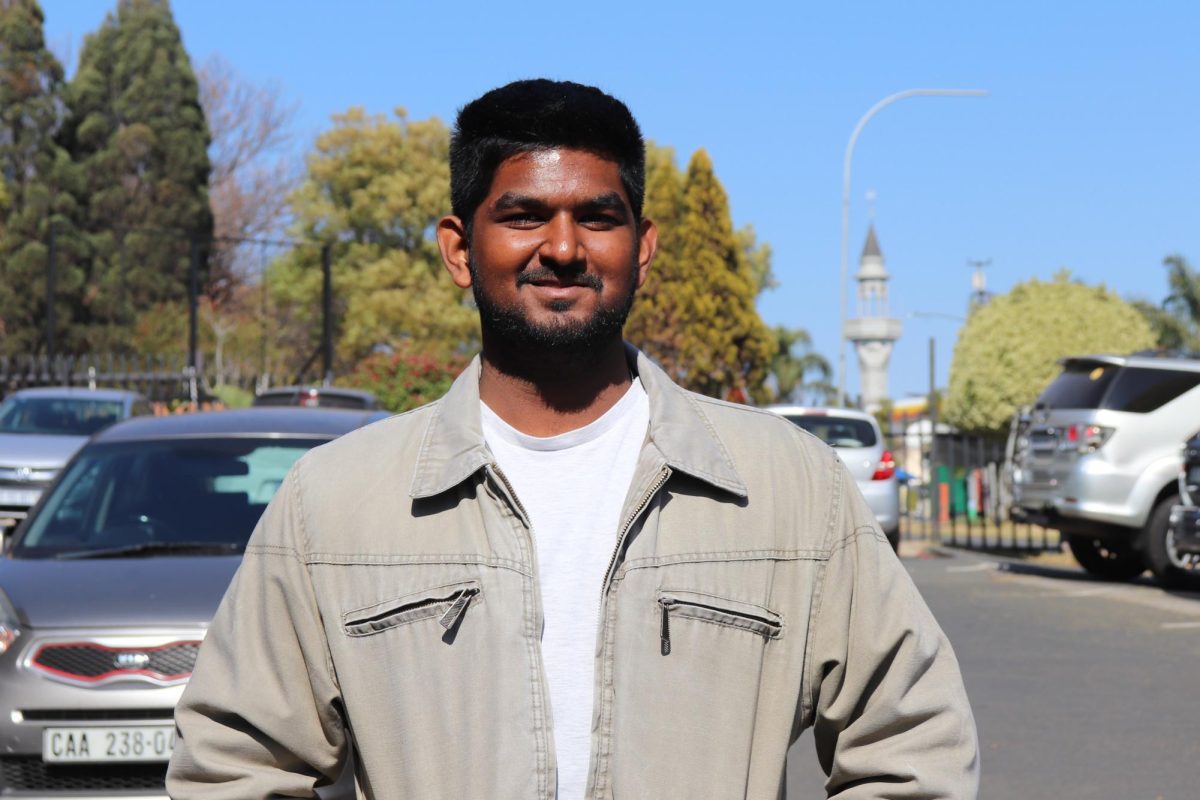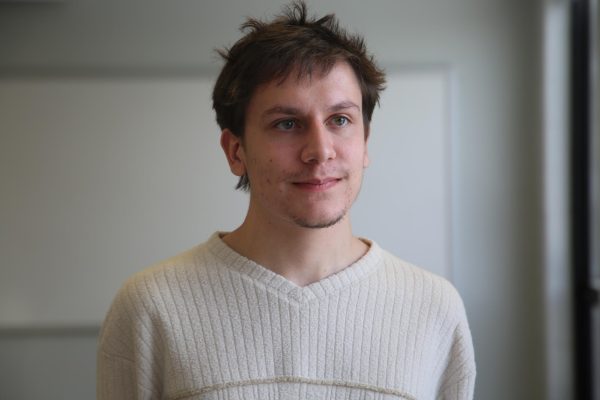Johannesburg, South Africa – On a clear winter’s day in late May, 19-year-old Raquel French did something that felt momentous to her: She cast a ballot in South Africa’s general elections.
“I remember feeling very excited to vote, and very nervous, because the state of my country hung in the balance,” French said.
Thirty years after the formal end of apartheid rule and South Africa’s first democratic election, young people like French still feel the weight of South Africa’s complicated history, and also its future.
On April 27, 1994, the African National Congress (ANC), led by Nelson Mandela, had won over 60 percent of the vote and chose Mandela as the country’s first democratically elected president. But on May 29 this year, for the first time since South Africa’s transition to democracy, the ANC lost its majority. They received 40 percent of the vote in the country’s quinquennial parliamentary election.
Many young voters like French said they see the ANC as stagnant and complacent, unable to solve the issues plaguing the country today and still blaming these issues on the past.
“I think the ANC still see themselves as the liberation party, but you can’t sit here and tell me 30 years after apartheid–-apartheid had huge effects and we’re still seeing those effects today–but you can’t sit here and tell me like it was [the apartheid] government’s fault when you’ve been in power for 30 years,” said French, who is a student at the University of the Witwatersrand.
Joash Paul, a 19-year-old student at the University of the Witwatersrand, said stagnation within the ANC has also added to institutional decay.
“First things first, we need to sort out the education system,” Paul said. “The education system is in shambles. We need to have a level of education that is internationally recognized.”
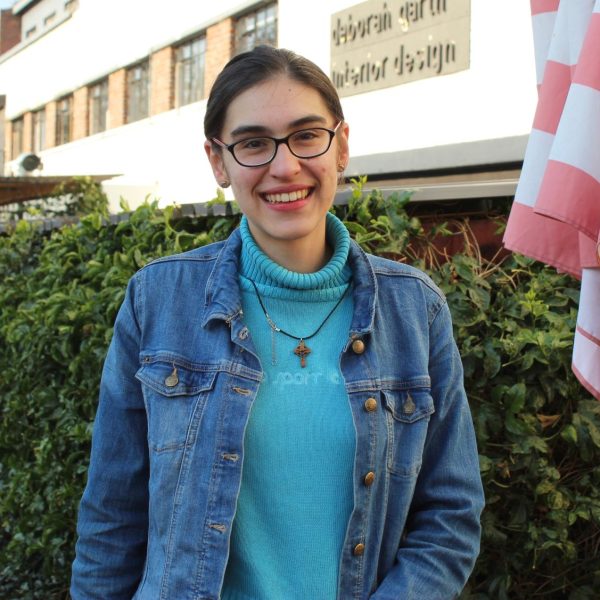
South Africa is often cited for its broken and unequal education system, particularly in public schools. It ranks among the worst for secondary education in the world. Only 46% of youth aged 15 to 19 are enrolled in high school, according to the Organisation for Economic Co-operation and Development.
After its electoral loss, the ANC joined the Democratic Alliance (DA), which received almost 22% of the vote, along with a coalition of seven other parties, to form a Government of National Unity (GNU). The stated goal of the GNU is to strengthen national unity and create a functioning government to address the nation’s issues.
Even though she voted, French said she doesn’t see a hero in either the ANC or the DA. She said both parties lack policies to represent the interests of young South Africans. Still, she felt hopeful after the GNU was formed.
“I’m a bit calmer,” French said. “I’m like, ‘Okay, hopefully this works. Hopefully, people come through and they do their part.’”
Young South Africans, legally defined as people under the age of 34, make up a little over a third South Africa’s 62 million inhabitants. There was a big push to register as many young voters as possible ahead of the election.
But French said apathy among youth voters is pervasive, even amid their suffering as a demographic. Unemployment for young people between the ages of 15 and 34 is currently at 45.5%, one of the highest youth unemployment rates in the world.
“What’s it going to do? I mean, we have a huge youth population and a big population in general. So people were like, ‘Well, it’s one vote. Nothing I can do,’” French said.
Gabrielle Matthew, a 21-year-old graduate of the University of Johannesburg, also voted for the first time this election. Young voter apathy and high unemployment rates aside, Matthew said she was hopeful there will be positive change.
“It was my first time voting, so I was definitely keen to participate and exercise my democratic rights,” Matthew said. “And I definitely wanted to see fruitful change, you know, not just think of all of us going and voting for the ANC and expecting a different outcome.”
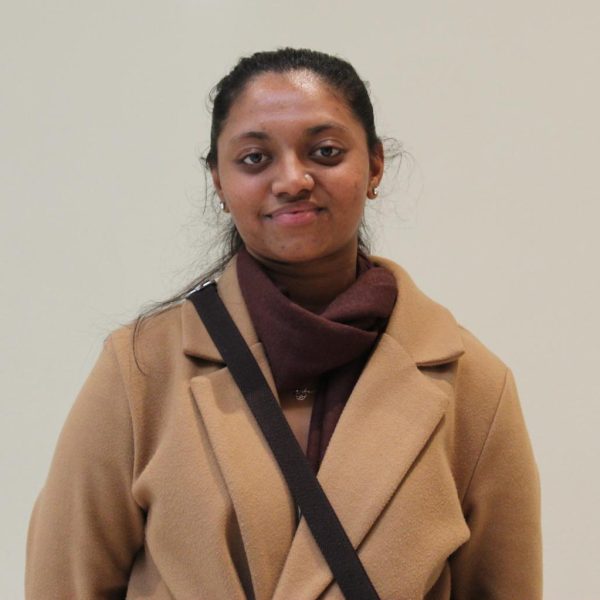
But Matthew said she understands her peers’ frustration.
“I think the youth are tired,” Matthew said. “I think we’re angry and frustrated. Because we want change, we want jobs, we want fees to fall. And none of that is happening.”
The Fees Must Fall movement emerged in 2015 and spread across the country’s colleges and universities as students protested to increase government funding to universities and halt rising prices for students. Affordability of and access to post-secondary education remains an issue for many young people.
For Paul, the GNU has no choice but to succeed. They must strengthen national unity and confidence in their governing powers to avoid the worst scenarios.
“I feel like this is do or die for the rainbow nation, right?” Paul said. “This proof of concept, either [it] works or it doesn’t work. Because we are literally sitting on the point where if there is a disagreement or something like that, literally the country could split three ways. We are on a knife’s edge.”
While Michele Foli, a 20-year old student at the University of the Witwatersrand, viewed the GNU as an interesting but hopeful prospect, he thinks the country needs an attitude adjustment.
“There is a lot of negative energy around the future and the outlook of this country,” Foli said.
Foli said South African youth want change, and they are willing to fight for it. He pointed to protests last year on his campus.
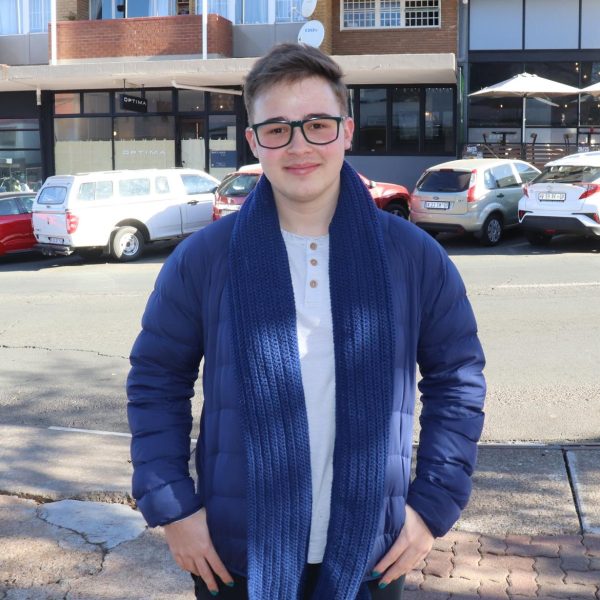
“People were very riled up because of the alleged failures by the government, and during that period, campus life was a little bit nerve wracking,” Foli said. “I can sit on my high horse in the lovely leafy suburbs, but [there are] students who actually feel the brunt of it.”
Despite his optimism, Matthew said the GNU faces a tall order.
“South Africa is home,” Matthew said. “It’s a beautiful country. We’re the rainbow nation. There’s just a lot of corruption. And I hope that this new cabinet gets on top of that, and I hope that this is a fruitful change and not empty promises.”













































